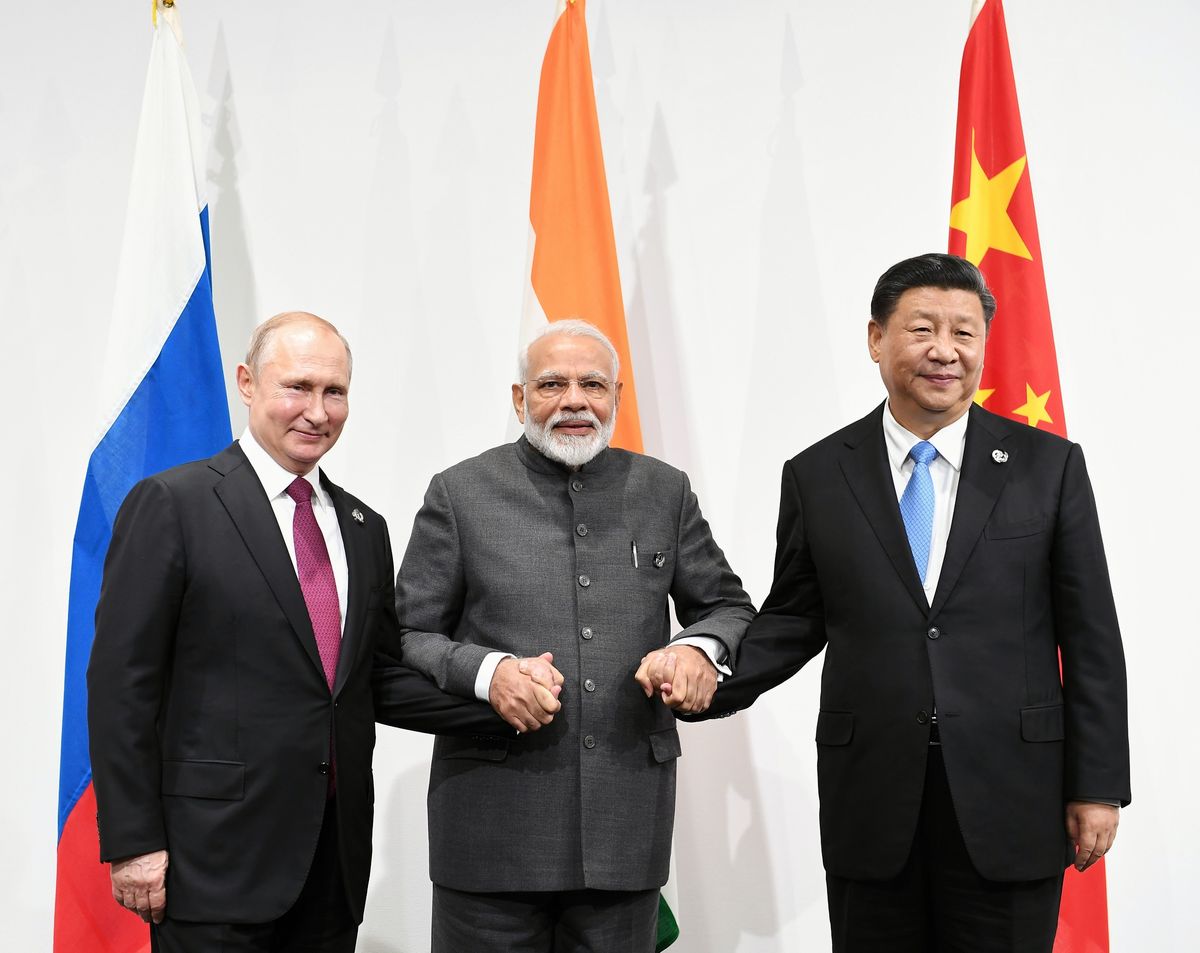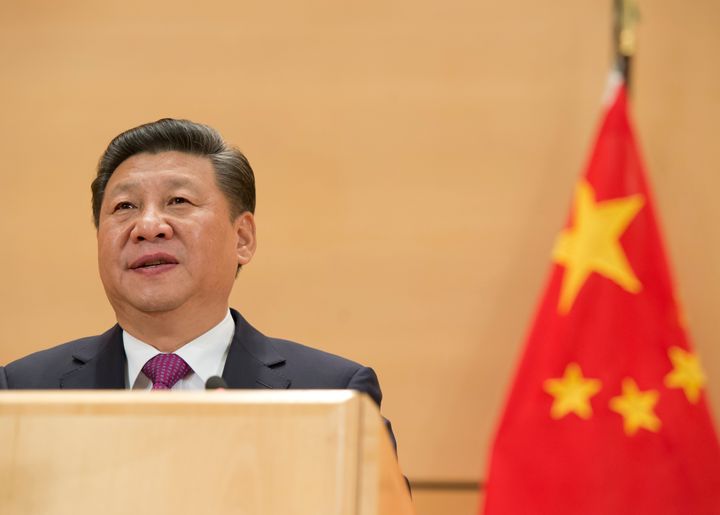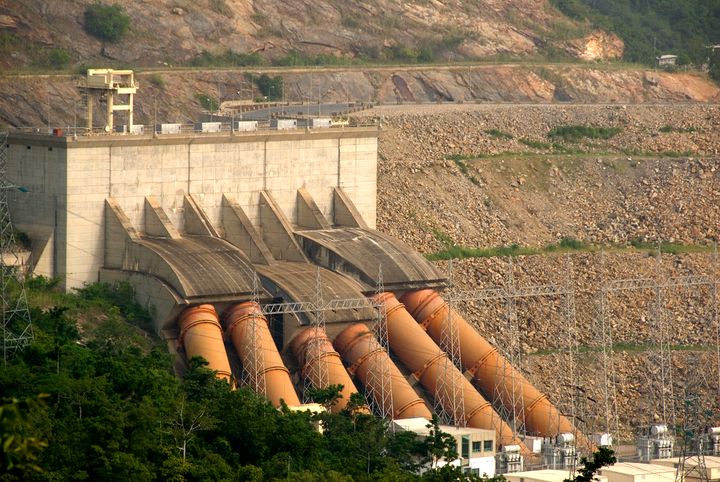SCO Nations Commit to Collaborate on Developing Alternative Fuels

The Lede: Energy ministers of China, Russia, India, and other members of the Shanghai Cooperation Organisation (SCO) agreed to work together on emerging fuels, such as hydrogen and ammonia, as well as biofuels like ethanol, linking these nations that are emerging as significant fuel producers and consumers.
What we know:
- The heads of delegations from the regional group, including Pakistan and four Central Asian countries, met virtually on March 14 and approved the Joint Statement on Cooperation between the SCO Member States on New Fuels and Modelling in the Energy Sector.
- Parties discussed key areas of energy cooperation focused on increasing mutually advantageous collaboration, utilizing all kinds of energy resources, exchanging information, and employing a range of economically and environmentally sustainable technologies within the SCO framework.
- The meeting comes amid rising concerns in Washington after officials from Biden’s administration warned leaders of the American clean energy transition not to let China dominate the clean energy supply chains. The warning was followed by news that China could control a third of world lithium by 2025 – a critical element used in a variety of rechargeable batteries for electronics.
The background: The SCO is a coalition of countries focused on politics, economics, and security, traditionally guided by Russia and China. Its members include China, India, Iran, Kazakhstan, Kyrgyzstan, Pakistan, Russia, Tajikistan, and Uzbekistan. This alliance is viewed as the most crucial gathering in Central Asia, with nations having substantial interests in trade, connectivity, and resource exploitation.
China has been investing heavily in alternative fuels like hydrogen, electric vehicles, and biofuels to diversify its energy sources and reduce its environmental blueprint. China energy, a state-owned enterprise, will start the construction of a $5.1 billion hydrogen project in Egypt.
While India is working on increasing biofuel production, particularly from non-food feedstocks, and has set ambitious targets for ethanol blending in gasoline.
Russia is set to invest 9.3 billion rubles ($125m) in the hydrogen industry by the end of 2024, in an effort to diversify its energy portfolio and stay competitive in the global energy market.
Likely outcomes
- Based on the joint statement SCO countries want to resist pressure from the West and increase geopolitical influence while creating an alternative fuel market.
- All three nations are seeking to increase energy security. Russia is dealing with western sanctions amid its ongoing invasion of Ukraine and India is trying to balance its position in current geopolitical turmoil and tensions with China over border disputes. While China has already emerged as a global clean energy leader, surpassing the United States and other major powers.
- If China and India decide to pool their resources, expertise, and market access, it would enable accelerated research and development.
Quotables:
- "There does not exist one uniform low-carbon pathway working equally well for all the countries, and each country is free to chart out its own unique path based on national priorities and resources." - SCO joint statement.
- "It's just clear, to say it directly, that China has too much of a chokehold on critical minerals, on critical processing and upstream technologies, and solar." - White House energy adviser John Podesta.
- “Energy policy of Russia will be oriented towards reliable and credible partners. India and China are certainly among them.” - Russian Foreign Minister Sergey Lavrov.
Good Reads:
China Could Control a Third of The World’s Lithium by 2025 (Bloomberg)
SCO countries agree to closely work together on emerging fuels (Business Standard)
US Officials Warn Against China's Control of Clean Energy Supply Chain (The China Paper)



